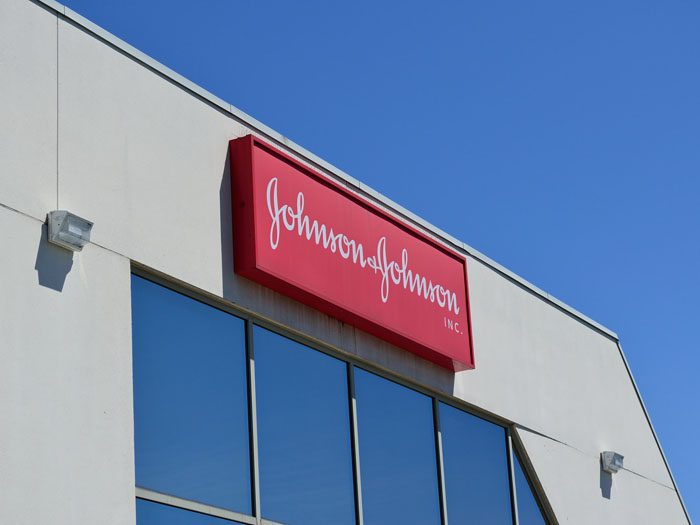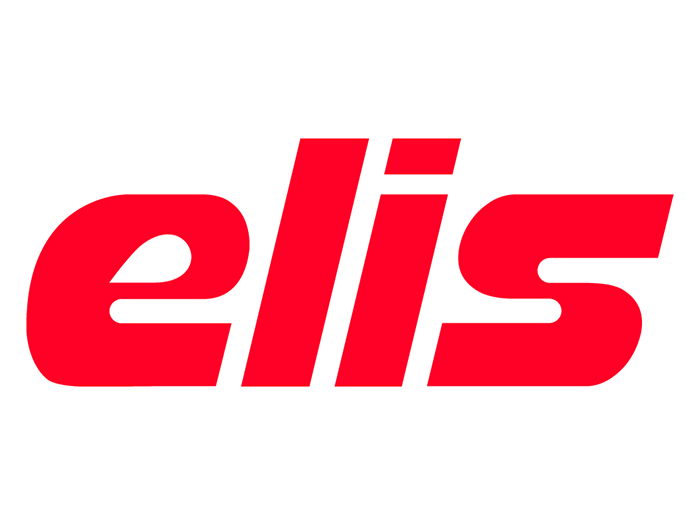$50 Billion and 100,000 Plaintiffs: Johnson & Johnson’s Painful Reputational Risk Lesson

Health product manufacturer Johnson & Johnson has yet to evade the laundry list of class action lawsuits held against it.
Everything from mounting opioid litigation to the more recent asbestos allegations has placed this conglomerate under national public scrutiny. Courtrooms across the country have demanded billions of dollars from J&J to date (though one judge believes he may have added three too many zeros to his verdict).
J&J has, so far, taken the approach of battling many of the more than 100,000 plaintiffs in court. It’s a decision that has some scratching their heads; after all, J&J seems to be on a legal losing streak.
However, as the Wall Street Journal (WSJ) puts it, “J&J may be following in the footsteps of Merck & Co., which took to trial a number of lawsuits alleging its Vioxx painkiller caused heart attacks and strokes.”
In that instance, Merck won more verdicts than it lost. By 2007, Merck finally agreed to settle 27,000 outstanding lawsuits for $4.85 billion — a significant drop from the predicted $10 to $25 billion.
However, one key difference remains between Merck and J&J: Merck was on the hook for one drug; J&J is battling litigation on a large scale for multiple products.
An History of Poor Product Safety and Marketing Tactics
Last year, a St. Louis jury found that J&J should pay $4.7 billion to 22 women and their families who alleged the company’s baby powder caused ovarian cancer.
In August, an Oklahoma judge ordered J&J to pay $572 million to the state for contributing to the opioid epidemic crisis, a judgment the company is currently appealing.
Earlier this month, an $8 billion award in punitive damages was given to a Philadelphia man who claimed his use of J&J’s antipsychotic Risperdal as a boy caused abnormal breast enlargement.
The most recent suit involved a $117 million settlement brought by dozens of states that said J&J deceptively marketed transvaginal pelvic mesh implants.
And on top of pending litigation questioning the safety of its products, J&J is taking hits over product recalls as well. Just a few days ago, J&J recalled 33,000 baby powder bottles after the FDA found trace amounts of asbestos in one of the bottles. It’s not a good look for the company, especially in how vigorously it has defended its practices.
“Thousands of tests over the past 40 years repeatedly confirm that our consumer talc products do not contain asbestos. Our talc comes from ore sources confirmed to meet our stringent specifications that exceed industry standards,” a statement from the company read.
Overall, analysts predict J&J might have to spend anywhere from $20 billion to $50 billion to resolve the mounting litigation.
A Bruised Reputation?
If anything, the constant parade of J&J headlines in the news has taught companies one major lesson: the value of corporate reputation.
Because of the “attention-getting verdicts,” as the WSJ called them, J&J’s reputation and trustworthiness among consumers has seemingly plummeted. The company dropped to 57th place out of 58 companies in the pharmaceutical reputation index, according to the WSJ.
A J&J spokesman sees it differently, though. The company’s reputation, according to J&J, remains strong among consumers because of its developments in high-quality products and treatments for cancer and HIV.
Despite the onslaught of litigation, the company still reported $86.1 billion in earnings last year. It even ranked 63rd on Forbes’ list of Top Regarded Companies of 2019.
“[The spokesperson] also noted that the company’s victories at trial and reversals of losses on appeal don’t garner the same level of attention as high-dollar trial losses,” wrote the WSJ.
As for the company’s wins, two talc trials in mid-October saw California juries side with J&J.
But it’s a minor victory for a company laden with product liability allegations. Only time can tell if J&J’s built-up reputation since its creation in 1886 will get it down this turbulent legal road. &










